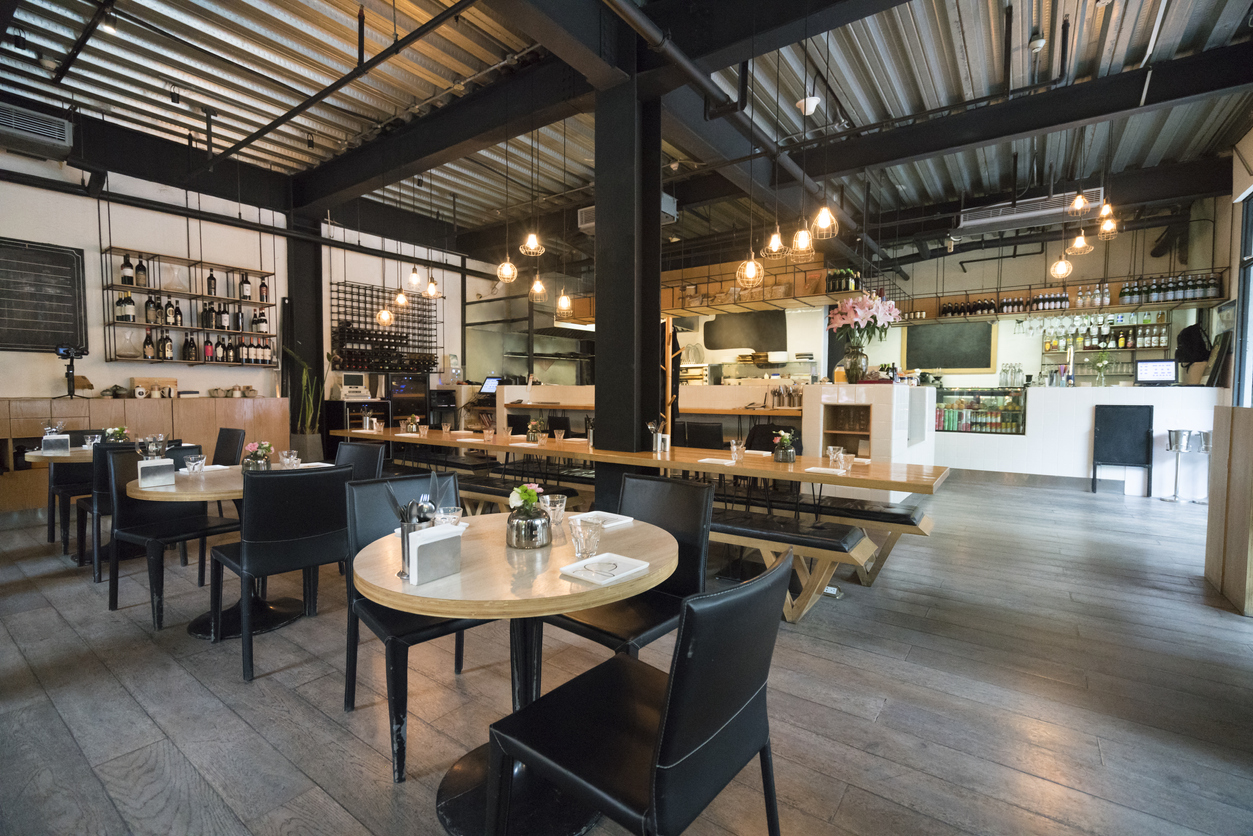
Explained: Why nearly 1,000 restaurants are quitting Swiggy Dineout
The food aggregator’s practice of offering deep discounts would hurt dine-in, one of the restaurants’ core businesses, says trade body NRAI

Over 900 dining outlets across 13 cities are believed to have delisted from Swiggy Dineout over the past two weeks, ever since the National Restaurants Association of India (NRAI) urged its members to log out of the platform. The food aggregator’s practice of offering deep discounts would hurt one of the restaurants’ core businesses, said NRAI.
The dining outlets that have quit Swiggy Dineout include several high-end cafes and restaurants in Delhi-NCR, including Cafe Delhi Heights, Smoke House Deli, Social, The Beer Cafe, and Mamagoto; food and hospitality companies like Indigo Hospitality, Impresario Entertainment and Hospitality, and Simmering Foods and Restaurants, too.
What does Swiggy Dineout do?
Last month, Bengaluru-based online food delivery platform Swiggy announced the integration of Dineout — a decade-old startup it acquired in May 2022 in a $200 million deal from its former owner Times Internet — with its main app on both Android and iOS. While Swiggy’s core business is food delivery, Dineout offers discounts to subscribers when they eat at restaurants.
Dineout offers a discount of up to 40% on restaurant bills. Users who pay for food through the Swiggy Dineout service have their bills slashed substantially. Restaurant partners listed on Dineout were told to voluntarily migrate to Swiggy’s new dining platform Swiggy Diners (being rebranded from Dineout), according to the NRAI.
Also read: 4 key reasons why restaurants complained to CCI about Zomato and Swiggy
Apart from offering discounts, Dineout shares details on customer ratings, operating hours, location and so on. It also displays menus and lets users book tables.
Why are dining outlets leaving Swiggy Dineout?
According to the NRAI, the dine-in business is highly profitable right now and the margins for restaurants will decline if the food aggregators gain a foothold in it, as the cost of discounts and commissions charged by aggregators will increase.
The NRAI, which has over 500,000 restaurants across the country as its members, has repeatedly stated that Dineout’s deep discounting techniques disrupt the core dine-in business of the restaurants and popularise a ‘dangerous culture of discounting that will be irreversible’.
Aggregator platforms offer discounts of up to 40% on every dining bill paid via the platform’s gateway, leaving alarmingly low margins for restaurants, according to the association.
Why the discontent against Zomato and Swiggy?
Discontent has been steadily brewing in the food industry against two unicorns – Zomato and Swiggy. Over the years, these two food aggregators have triggered a wave of alarm among the restaurants with their discounts, commissions, dine-in programmes, customer complaints and data sharing.
The NRAI has been vehemently against some of the practices followed by Zomato and Swiggy. However, this is not the first time that it has launched a campaign against dine-in features offered by foodtech companies. In 2019, the NRAI launched a #Logout Campaign against Zomato Gold. The reason at the time was that Zomato Gold charged high commissions from the restaurants for customer bookings and provided huge discounts to the subscribers. Zomato discontinued the Gold programme soon after this. However, it has recently announced its new Zomato Pay offering.
Also read: Swiggy, Zomato pulled up for poor grievance redressal
With cashback and huge discounts (going as high as 30% on bill value plus bank discounts), the dine-in business via foodtech is not profitable for the restaurants, NRAI has claimed. Furthermore, these cafes and restaurants have to pay a commission of 4-10% to the foodtech aggregators.
How will the logout affect Swiggy?
With restaurants logging out of Swiggy Dineout, the company will be in a soup since the NRAI claims that over 400 brands and more than 900 dining outlets across 13 cities in the country have sent delisting notices to Swiggy in the last two weeks. Another 2,000 outlets are likely to follow, the industry body said.
Since Swiggy has over 15,000 restaurants and cafes on Dineout, the logout by the premium brands and outlets is likely to affect the income of the company amid rising losses; in FY21, Swiggy reported a loss of ₹1,165 crore. The company is far from profitable and splurges on campaigns to onboard more and more restaurants. The en masse logging out campaign by restaurants is likely to leave Swiggy Dineout in a quandary and threatens to put a key driver of the foodtech platform’s growth on shaky legs.
What about Zomato?
After reports surfaced that several high-end restaurants with multiple outlets in Delhi-NCR had delisted from Swiggy Dineout amid deep discounting concerns, reliable industry sources told a news agency on Thursday that most of those cafes and restaurants had also delisted themselves from other online food delivery platforms like Zomato.
Also read: Centre asks Swiggy, Zomato to submit plans in 15 days to improve complaint redressal
Swiggy, however, has denied the exodus of high-end cafes, restaurants from Dineout. A Swiggy spokesperson told a news agency that Swiggy Dineout works with over 15,000 restaurant partners on the platform in over 20 cities and continuously engages with them to improve its offering and make this partnership viable for everyone. Sources told the agency that only 20 brands with nearly 400 outlets had delisted from Swiggy Dineout, and one of those brands alone has nearly 250 dining outlets.
“Restaurant partners on Swiggy Dineout have complete liberty to decide on how much discount they wish to offer to customers through their listing on the app,” the spokesperson was quoted as saying. “Thousands of partners continue to join us each month and list on Swiggy Dineout and only a handful of restaurant partners have expressed their desire to delist from the platform. We continue to engage with restaurant partners and NRAI representatives to revisit their choices,” the food delivery platform told the news agency.

